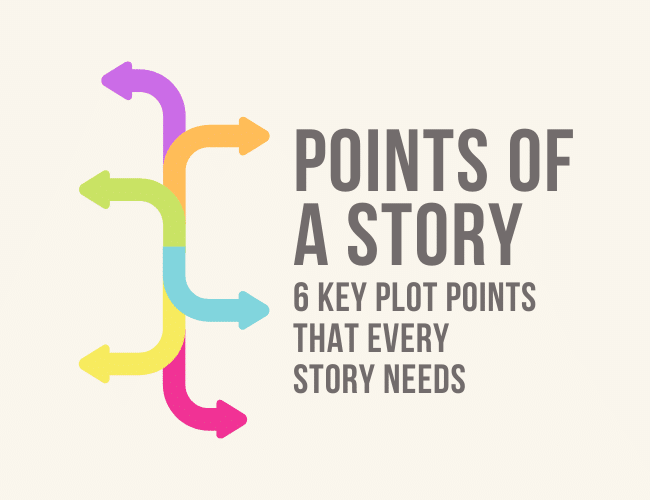
by Joe Bunting |
One thing writers have told me consistently is that knowing story structure and the major plot points—or points of a story—makes writing great stories easier. But what are the main points of a story? How can you get them into your books?
I’ve personally found story structure to be incredibly helpful, not just in writing novels and screenplays, but also in memoir and even, sometimes, writing nonfiction books.
In this guide, we’re going to talk about the basic points of a story and how to use story structure to make your writing easier and more effective. I’ll share the six major plot points and talk about a few other points you might look for when writing a book that will give you a general roadmap to writing your story.
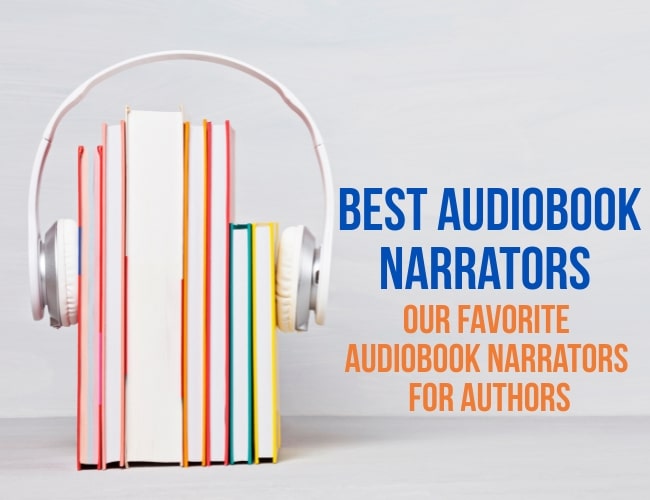
by Joe Bunting |
Getting an audiobook produced for your book opens up a whole new group of readers. In fact, about 26 percent of readers only listen to audiobooks, according a study done by the Library Journal. Which means, if you don’t have an audiobook, you’re losing readers. But how do you get an audiobook produced, and how do you choose the best audiobook narrator for your book?
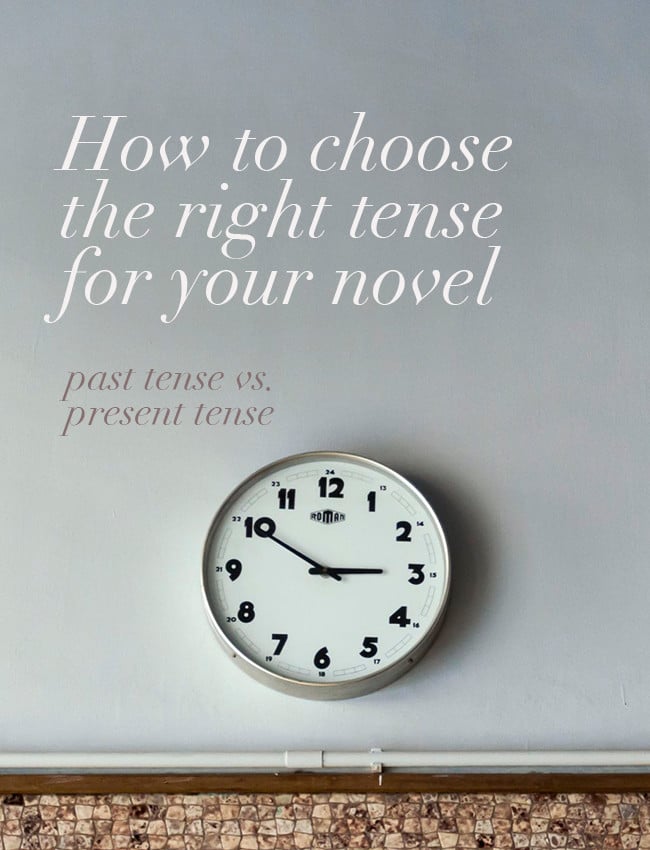
by Joe Bunting |
One of the first decisions you have to make when you’re writing a novel or short story is which tense to use. There are only two viable options: past tense or present tense.*
Which tense should you choose for your novel?
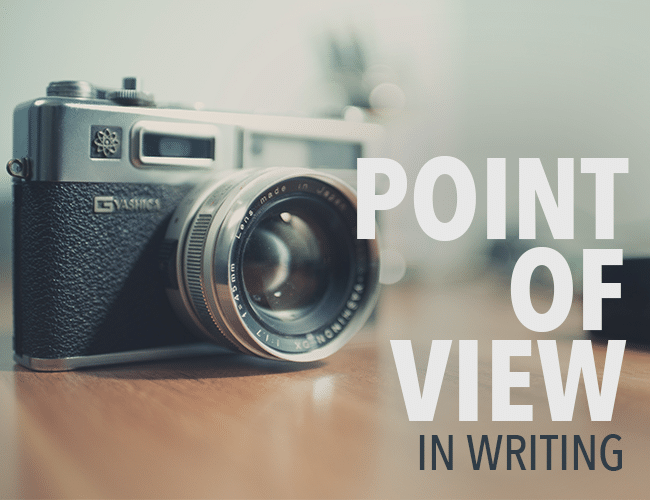
by Joe Bunting |
As an editor, point of view problems are among the top mistakes I see inexperienced writers make, and they instantly erode credibility and reader trust.
However, point of view is simple to master if you use common sense.
This post will define point of view, go over each of the major POVs, explain a few of the POV rules, and then point out the major pitfalls writers make when dealing with that point of view.
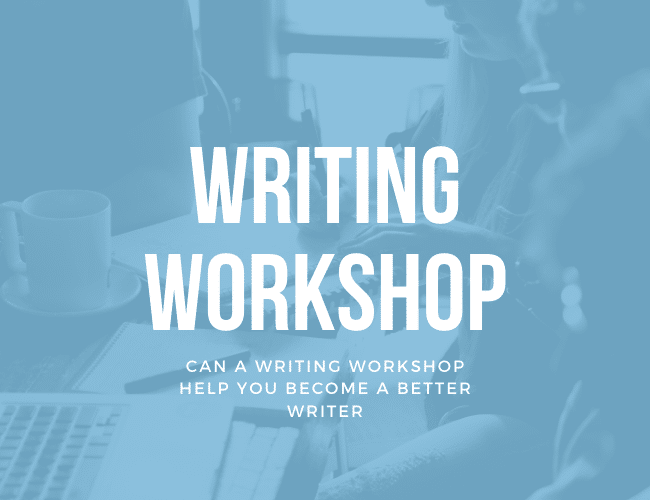
by Joe Bunting |
How do you write beautiful, award-winning novels, memoirs, and short stories? One tried-and-true way is through a writing workshop, a program with other writers who can give encouragement, feedback, and support as you write, edit, and publish your writing.
In this post, I’m going to share what a creative writing workshop is and how you can use it to improve your writing habits, get feedback on your creative writing, and go on to publish award-winning writing. Then we’ll talk about how to find a writing workshop, whether online or locally, and how to get the most out of it.




